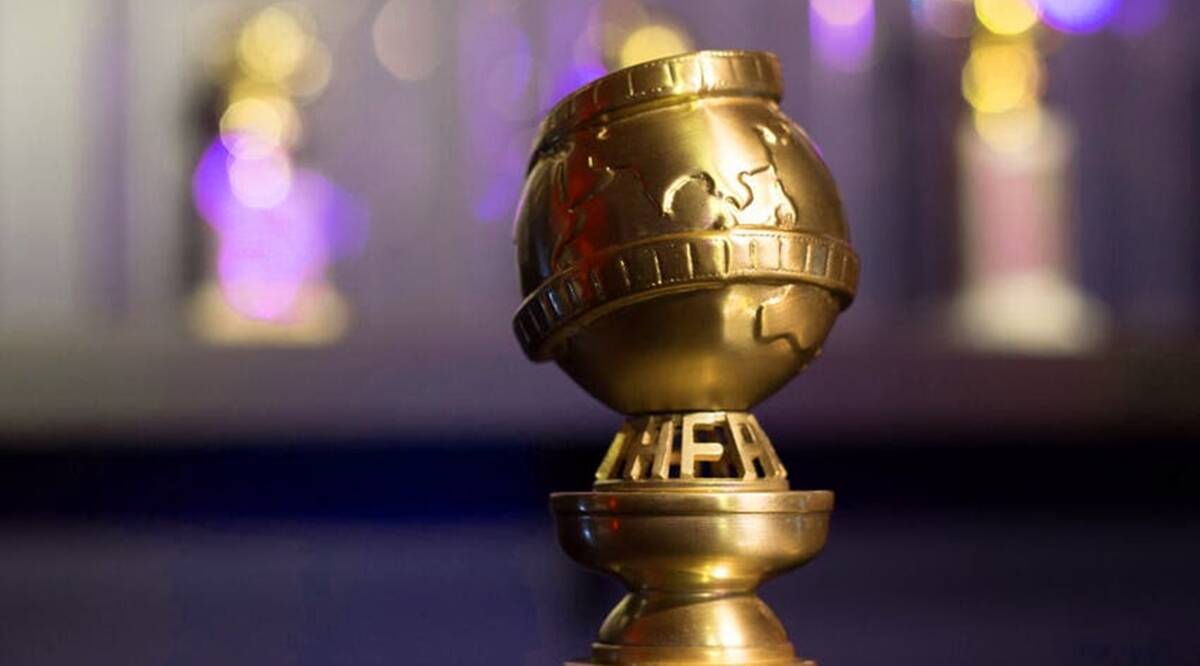Are award shows obsolete?
Recent controversies over the Golden Globe nominations have put into question whether or not award shows, in general, are worth having at all. It is hard to see these overly expensive and glamourised events as legitimate and beneficial to anyone other than the celebrities who attend, yet I find it hard to completely disregard the impact they have on the everyday viewer. In 2020, we consumed more films and TV than ever before; so this year’s Golden Globes seem better than any to celebrate the artistic achievement that got us all through the lockdown.
With the turbulence and weight last year had on all of us, it is without question that many enjoyed the show Emily in Paris as it offered light-hearted escapism for everyday individuals stuck at home, and thus like many creations it deserves recognition. However, like many of Netflix’s shows, Emily in Paris is a mere regurgitation of the staples in any rom-com series. Seeing a show which develops raw perspective and energy like I May Destroy You being overlooked, disappointed, shocked and appalled many. The Hollywood Foreign Press Association (HFPA), with their blindness toward a series that encompasses a character many could relate to and gain comfort from, simply indicates a bias noticeable toward shows which offer nothing new or ground-breaking.
Seeing a show which develops raw perspective and energy like I May Destroy You being overlooked, disappointed, shocked and appalled many
There is a question of whether these shows are even aimed at the right people anymore. I do see them as a form of recognition toward actors and directors who put a lot of work into creating entertainment; we 100% cannot continue to diminish acting as a career when so many of us rely on shows for escapism. That being said, the sense of injustice felt over snubbery of what many believe to be one of the rawest yet humorous shows of our generation, I May Destroy You, makes us wonder: are nominations now just meaningless? If the nominations show such a lack of acknowledgement toward public opinion, futile are awards as those small few who get to choose who is ‘deserving’ keep getting it wrong. Furthermore, is recognition worth having when it doesn’t encompass such a scope of actors and directors of all ethnicities and gender which provide role models and representation for a majority of the nation.
The HFPA has shown no attempt to abolish their racism, with this not being the first time “people of colour were snubbed”. If there is no sign of future diversity, for me, award shows are already obsolete in what they should be seeking out to achieve. The reality is that despite the steady decline in views, with 18.3 million in 2020 compared to 27 million in 2004, there is still a mass viewer base. These numbers, of course, mean a boost in viewers for the shows and films that they nominate; yet with I May Destroy You, views have increased stemming from the anger of being ignored and interest sparking from the controversy. I find this disappointing, as it should have arisen from receiving well-deserved nominations. This boost in the discussion, although benefiting Michaela Coel, also solidifies the Golden Globe Awards’ power and ability to affect ratings.
If the nominations show such a lack of acknowledgement toward public opinion, futile are awards as those small few who get to choose who is ‘deserving’ keep getting it wrong
Some may argue that as a society heavily reliant on social media, platforms that allow the expression of opinion, that award shows are mere formalities. You can find a consensus of whether a show was ground-breaking or not frequently on Twitter; if views are disparate, no one cares. That isn’t to say that people are unappreciative, but instead simply understand that views are one’s own. Now, with that being said, if we as a society do see award shows as formalities, celebrating, for the most part, shows and films globally enjoyed, then why are the figures indicating such inequality in nominations. Between 2010 and 2018, a total of 38 men were nominated for Best Director, compared to just two women. We cannot help but feel this is an institutional bias for awards given ultimately based on opinion; until this changes, award shows can only be considered a waste of opportunity, but realistically will continue to be held regardless of public knowledge of the consistent inequality.

Comments